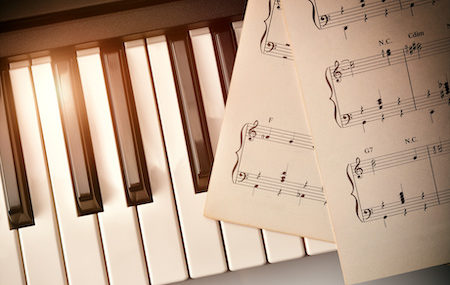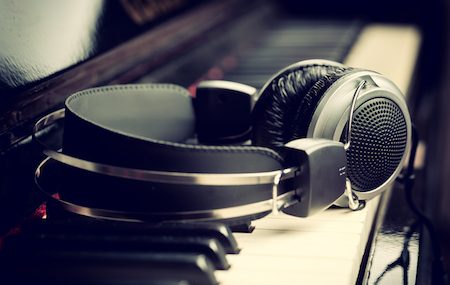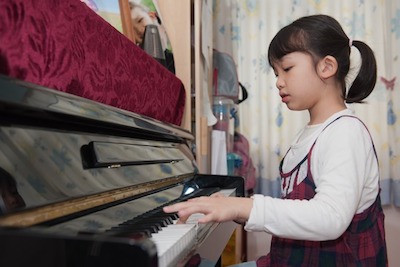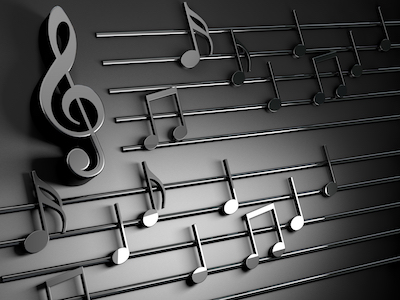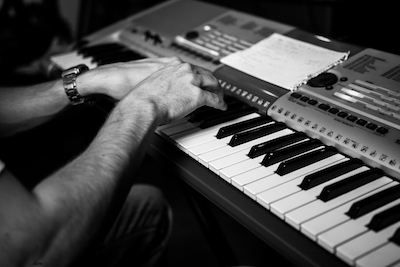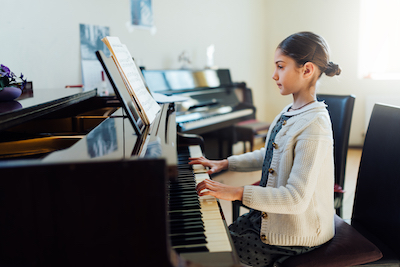Love creating music at the piano? Trying to figure out how to turn it into a career?
Some are discovering the profound impact a piano can have on well-being. And they’re turning it into something they can do every day of the week.
The Healing Power of Music
We all know that music has a unique ability to touch our souls and evoke emotions that words alone cannot express. It’s a universal language that transcends boundaries and connects us on a deeper level.
Now, imagine harnessing this power for healing—enter music therapy.
Music therapy has been around for centuries, and it’s no surprise that the piano plays a starring role in this therapeutic symphony. The versatility of the piano, with its wide range of tones and expressive capabilities, makes it an ideal instrument for facilitating emotional and physical healing.
The Piano’s Therapeutic Versatility
One of the key aspects of the piano that sets it apart in the world of music therapy is its accessibility. Whether you’re a seasoned pianist or someone with no musical background, the piano welcomes all with open arms. Its user-friendly interface allows therapists to tailor sessions to individuals of varying skill levels and needs.
For those with physical challenges, the piano offers a unique opportunity for motor skill development. The act of playing the keys, combined with the coordination required, can be a powerful tool for enhancing fine and gross motor skills.
It’s not just about making music; it’s about fostering a connection between mind and body.
Emotional Expression through the Keys
The piano’s dynamic range allows for a broad spectrum of emotional expression. Whether you’re conveying joy, sorrow, or anything in between, the piano is there to echo your sentiments. This makes it an invaluable instrument for individuals dealing with emotional challenges, providing an outlet for expression and release.
In a therapeutic setting, a skilled music therapist can guide individuals in creating music that reflects their emotions, helping them process and understand complex feelings. It’s a form of catharsis that goes beyond words, allowing for a profound connection between the individual and their emotions.
Choosing the Right Piano for Therapy
Whether you’re a music therapist looking to expand your toolkit or an individual seeking the healing embrace of music, choosing the right piano is crucial.
When considering a piano for therapy, factors like tone, touch, and overall condition become paramount. A well-maintained acoustic piano can offer a rich, authentic sound that resonates with the soul. A digital piano might be a more practical choice for those looking for versatility in terms of sound options and portability.
Buying a new or used piano requires careful consideration of your specific needs. A reputable piano dealer can guide you through the process, helping you find the perfect instrument that aligns with your therapeutic goals.
A Harmonious Journey to Wellness
In the world of music therapy, pianos are not just instruments; they are conduits of healing and self-discovery. The gentle touch of the keys can unlock emotions, foster connection, and lead to a harmonious journey towards wellness.
Is a career in music therapy in your future? The perfect piano is waiting for you.
